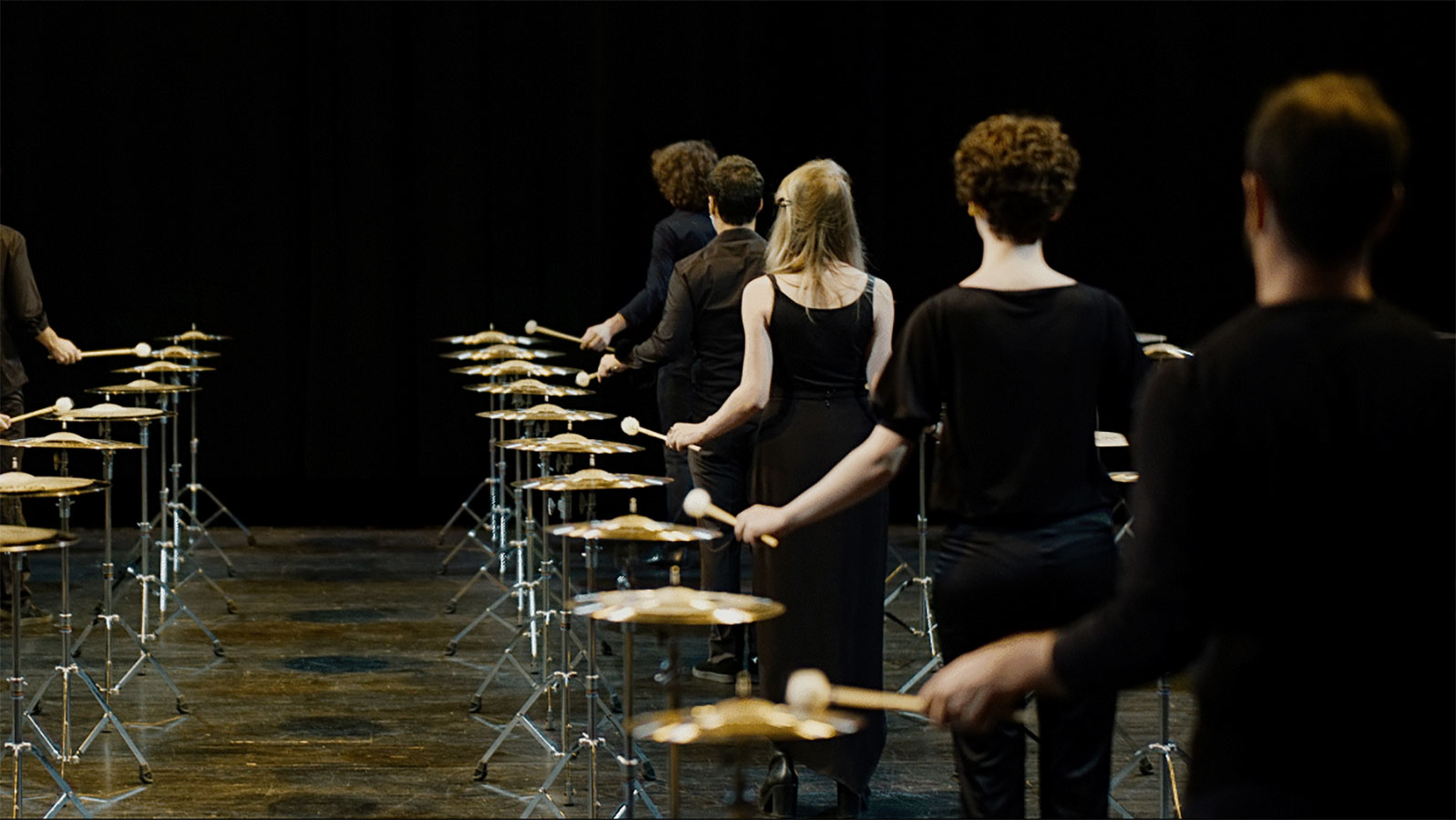CAM celebrates 40th anniversary with a Season of Japanese Art

CAM – Centro de Arte Moderna Gulbenkian is commemorating its 40th anniversary with a season of contemporary Japanese art, which will begin in July and continue with events throughout the year until the planned reopening of the centre’s premises in spring 2024.
Curated by Emmanuelle de Montgazon, the programme melds a variety of artistic practices and disciplines, drawing on the architectural concept of engawa, which underpins architect Kengo Kuma’s design for the CAM building and refers to a transitional space that is neither indoor nor outdoor commonly found in traditional Japanese houses. The notion of engawa is used to evoke relational spaces outside the domestic realm, an idea present in post-war Japanese art movements, which challenge the official history constructing Japanese identity. It continues to influence the practices of contemporary artists to this day.
The programme for the season will begin on 20, 21, 22 and 23 July with a mystery installation in Lisbon that will last from morning to evening at venues that will be gradually unveiled. Created by the award-winning Mé art team, made up of Haruka Kojin, Kenji Minamigawa and Hirofumi Masui, the Masayume project will take the city’s inhabitants by surprise, challenging their ability to handle unexpected events and an uncertain world.
On 21 July, the Grand Auditorium will host the performance and audiovisual installation 100 Cymbals by composer and visual artist Ryoji Ikeda, which will be performed by the renowned Les Percussions de Strasbourg ensemble. This unique acoustic experience straddles the fine line between noise and harmonic resonance. A tribute to John Cage by Ikeda is also on the programme: a live performance of But what about the noise of crumpling paper, composed in 1985 by the American composer, who was a pioneer of indeterminacy and electroacoustic music.
On 23 July, a novel installation will be presented by artist Lei Saito, who was invited to create an edible landscape that she has called Cuisine Existentielle [Existential Cuisine], which was inspired by her research on cooking, history and urban planning in the city of Lisbon. With the Gulbenkian Garden as a backdrop, Lei Saito will create an installation using food and ceramic objects, offering the public a striking aesthetic and sensory experience.
As part of this initiative, the artist will join chef Leopoldo Calhau and sculptor Leonor Pego to lead the workshop Delicious lanscapes…, which is aimed at families with children aged 6-12 and will culminate in a collective edible installation based on a series of seasonal products.
The season will resume in September with a visit from a very important guest, artist Mieko Shiomi, who joined Fluxus in 1964, a movement most famously associated with Yoko Ono. At the age of 84, the renowned artist will be presenting a new work in different spaces at the Foundation, which will be performed by Portuguese musicians and artists.
The programme for September also features multidisciplinary artist Ami Yamasaki, who uses her own body as an instrument, emitting sounds that reflect all kinds of invisible vibrations around us. Ami Yamazaki will present the performance Manga Scroll by Christian Marclay, one of the most important artists working between sound and visual art, as well as a solo performance and a duet with musician Ko Ishikawa, a well-known Sho player.
The season will include several activities in November and throughout 2024, with more information to be released in due course.
More info